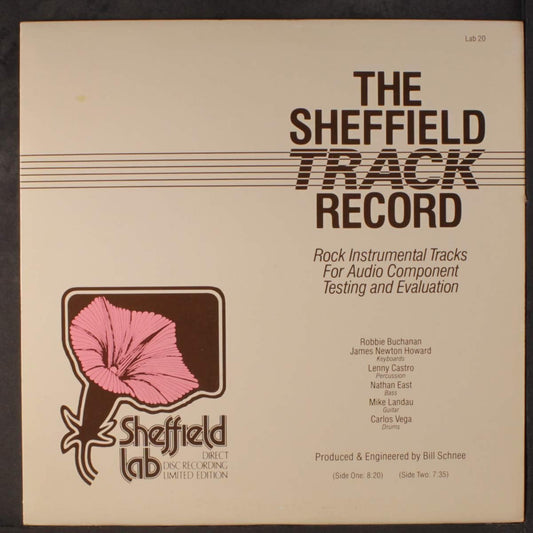If you've been following along you now understand that music files are first broken into smaller identically sized pieces of data when they leave the computer.
The data are placed in a capsule called a packet and addressed just like a letter with the address of where it's supposed to be going and where it came from. You've also figured out that if the letter doesn't get delivered properly (or at all) that we can ask for it to be sent again and our network air traffic control will make sure another copy gets sent out until it is all received perfectly.
Here's another analogy to help you firm this up. Just imagine you want to send a very rare jigsaw puzzle to a museum and you're worried that if you send the whole thing it might get lost in the mail. Your chances of getting the puzzle delivered safely increase dramatically if you send each piece of the puzzle in a separate package. The chances of losing all 1000 pieces are almost zero and so you guarantee safe delivery of the majority of the puzzle - any missing pieces you can send later from the copy you kept. This is what we do with a music file and the error rate of sending these files over our local network is almost zero. Everything gets there in perfect shape.
Once received the packets are placed in order, their address information removed and the payload (the music data) is queued up and presented to the DAC as an identical copy to what you started with. Truly an amazing process.
And here's something else to understand. Now that you see how music files are taken apart, placed in small packages and sent on their way, you can also understand how it is possible to say that we can send any music file anywhere in the world without worry of degradation or loss. It really doesn't matter if the network is in your home or runs through the biggest network in the world - the internet - all data is treated equally and gets to where it is going unscathed.
Tomorrow we'll start to wrap up our network journey by briefly covering the job of switches and routers.








